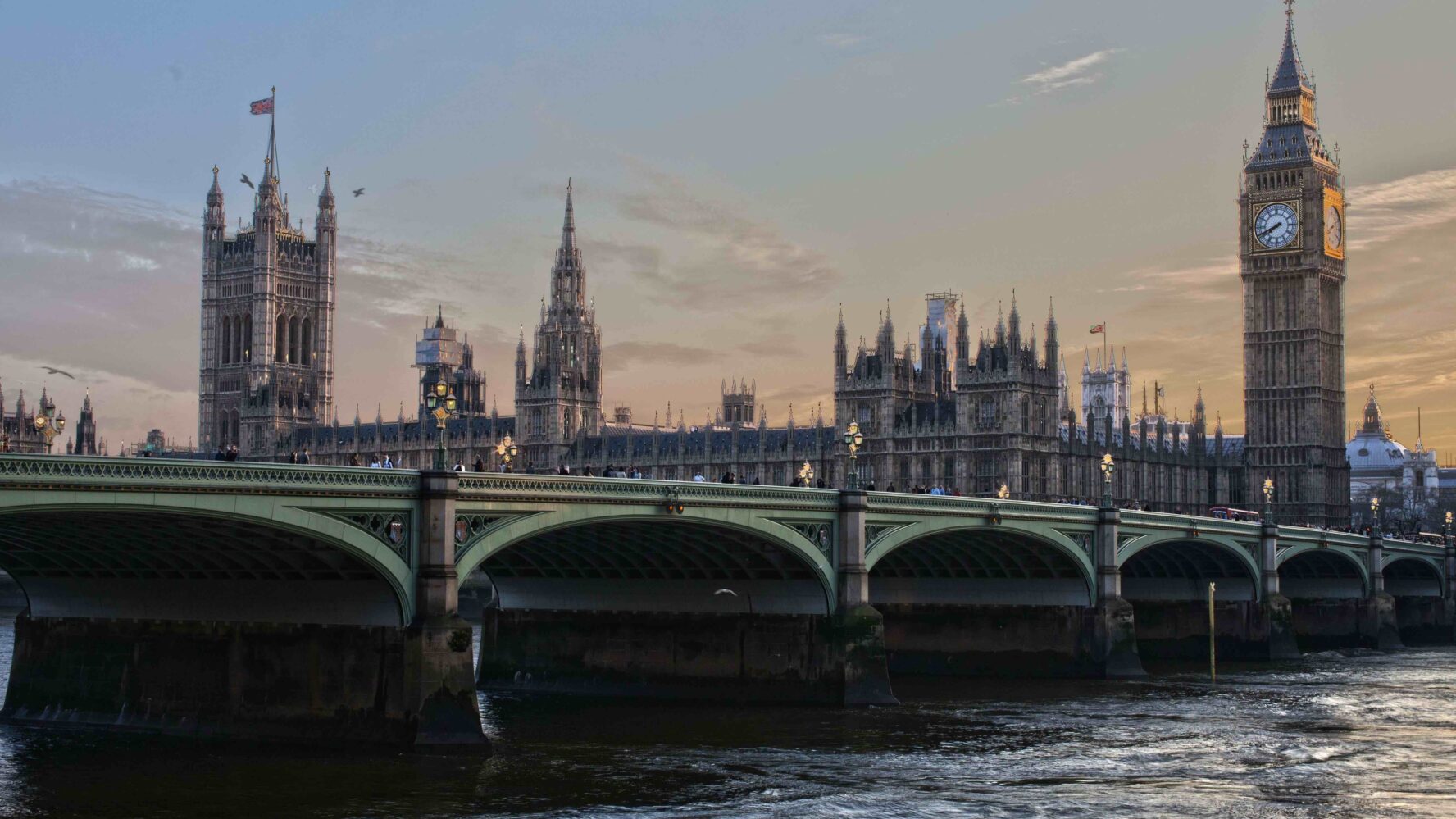
Rachel Gregory, CAP’s Policy Manager, attended both as a representative of the charity. Here are some of the key points discussed at both.
In the fringe programmes this year, there were clear standout topics. At the Labour conference, Net Zero and the environment took the top bill, with other various themes around the ambition for a more inclusive and fairer economy and society also prominent. These were strong themes across the Conservative conference fringe too, but in Manchester it was ‘levelling up’ that everyone was talking about.
Skills, wages and ‘hardworking families’
It was policies for workers that dominated at both conferences, with a particular focus on skills and wages. Labour members voted in favour of raising the minimum wage to £15 an hour, and the Chancellor, Rishi Sunak MP, also centered his speech on ambitions to become a high-wage economy. Both parties were keen to stake their claim as the party of workers, with sound economic plans.
The road to recovery
The state of public finances and the strength of the economic recovery post-pandemic were big concerns at both events, and there was agreement that it was not just national debt that needed attention but also the state of household finances.
CAP held an event with the Economic Secretary to the Treasury, John Glen MP, and the Centre for Social Justice, asking how we will rebuild the UK’s financial health. There were common ideas on this front cutting through at both conferences, including improving access to affordable credit (including a no- and low-interest loan scheme), building financial resilience through saving and addressing the poverty premium, as well as reforming how debts owed by individuals to the Government are collected and writing off historic Tax Credit debts being transferred across to Universal Credit.
Will we inevitably be worse off?
The pressure that the rising cost of living will present in the coming months, perhaps even years, was the elephant in the room. Despite gas prices dominating the news, housing costs in particular were highest on the list of concerns and various ideas of how to reform the planning system were bandied about.
Households have not experienced real inflationary pressure in more than a decade, and if this is coupled with an interest rate rise, this could well push even people on modest incomes over the edge into financial difficulty. Our Chief Executive, Paula Stringer, spoke of the need for a strategic action plan based on sound measurement of financial wellbeing in communities. This would help understanding of what financial health looks like and how we all, businesses, government and civil society, have a role in making that happen. As we all return to our day jobs with new ideas and connections made, that’s the task that now faces us.
Read Rachel Gregory’s full review of the party conferences and more from our External Affairs team on their blog.




